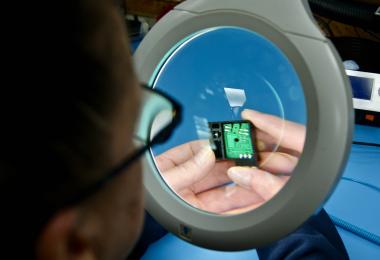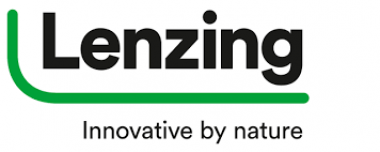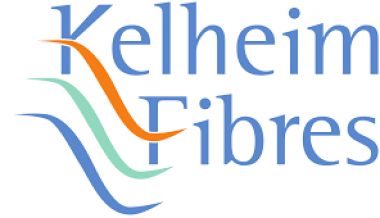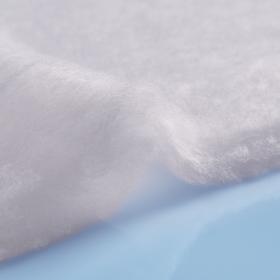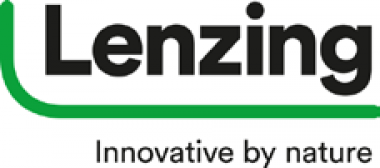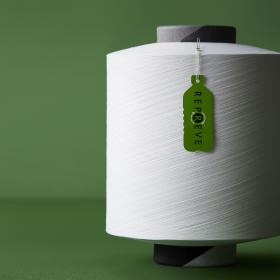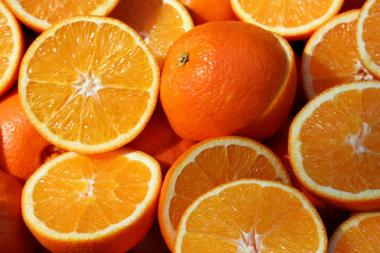Tillys partners with Recover™
California born and bred, Tillys is one of fashion’s leading specialty casualwear retailers. And now, thanks to its collaboration with Recover™ , their premium denim brand RSQ, it is set to become a leader of sustainable fashion.
The three brands – Tillys, Recover™ and RSQ – have come together to create a sustainable capsule collection. The new collection includes classic-inspired denim, a tee, and an on-trend chore jacket, all of which contain a minimum of 20% of Recover’s low-impact recycled cotton fiber. To shop the exclusive Recover™ pieces in the RSQ collection, go to tillys.com or visit one of Tillys stores across 33 states.
To bring this collaboration to life, textile waste has been salvaged that would otherwise end up in a landfill to create high-quality recycled fiber that Tillys used to produce its premium-quality RSQ collection. Using recycled fiber significantly reduces the carbon and water footprint compared to apparel made with virgin fiber. This collaboration models how post-industrial textile waste can be integrated back into the system creating a more sustainable production model.
“We are delighted to celebrate this new partnership with Tillys, helping to reduce the environmental impacts created by the fashion industry and pave the way towards a more sustainable future.”
– Alfredo Ferre, CEO Recover™
Recover™








